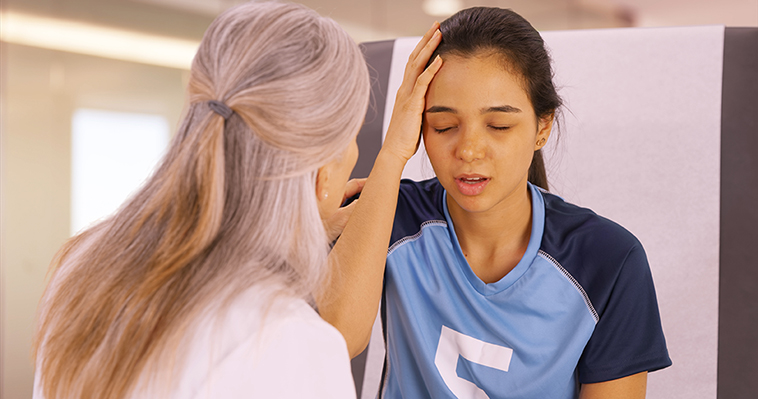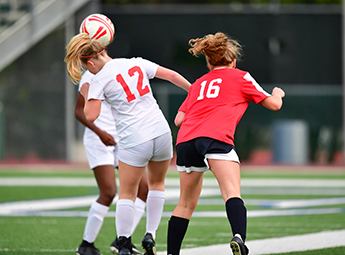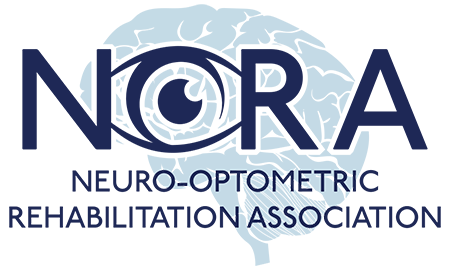
There is little known about the specific effects of Traumatic Brain Injuries (TBI), such as concussions, on women, mainly because the majority of published studies on the subject have focused more on men.
A growing body of evidence suggests, however, that females have a higher rate of concussions than men playing sports with similar rules,1,2 with one study showing that women athletes are 50 percent more likely than male athletes to have a sports-related concussion.3
Furthermore, a recently published study suggests that female athletes seek specialty medical treatment later than male athletes for sports-related concussions and this delay may cause them to experience more symptoms and longer recoveries.4

Unfortunately, regardless of gender, for most concussion patients, visual problems are often overlooked during initial evaluation of a concussion. Some symptoms, like visual discomfort and vision-mediated functional difficulties such as slowed reading and compromised attention, may not be present until days, weeks, or even longer following the incident. The consequences of these occurrences may also include cognitive problems such as headache, difficulty thinking, memory problems, attention deficits, mood swings and frustration, along with motor and sensory issues leading to impaired academic, work, and sport performance. Left untreated they can have serious repercussions.
For more information, on why concussions might affect women differently than men, download “Women & Concussions,” developed by NORA and PINK Concussions.
If you notice any changes in your vision following a concussion or some other head trauma, don’t ignore them: Immediately contact your eye care professional. Visual deficits related to a traumatic brain injury should be evaluated by an optometrist who is trained in the evaluation and management of eye and vision complications of concussion. For more information and to locate an appropriately trained provider in your area, try the Find a Provider feature on our site.
References
- Centers for Disease Control & Prevention, TBI Get The Facts, https://www.cdc.gov/traumaticbraininjury/get_the_facts.html, accessed April 24, 2019
- Dick RW. Is there a gender difference in concussion incidence and outcomes? Br J Sports Med. 2009;43 (suppl 1):i46–i50. https://www.ncbi.nlm.nih.gov/pubmed/19433425
- Echlin PS, Skopelja EN, Worsley R, et al. A prospective study of physician-observed concussion during a varsity university ice hockey season: incidence and neuropsychological changes. Part 2 of 4. Neurosurg Focus. 2012;33(6):E2:1 https://www.ncbi.nlm.nih.gov/pubmed/23199425
- Preiss-Farzanegan et al. “The Relationship Between Gender and Postconcussion Symptoms After Sport-Related Mild Traumatic Brain Injury,” PM R. 2009 Mar; 1(3): 245–253. https://www.ncbi.nlm.nih.gov/pmc/articles/PMC5237580/
